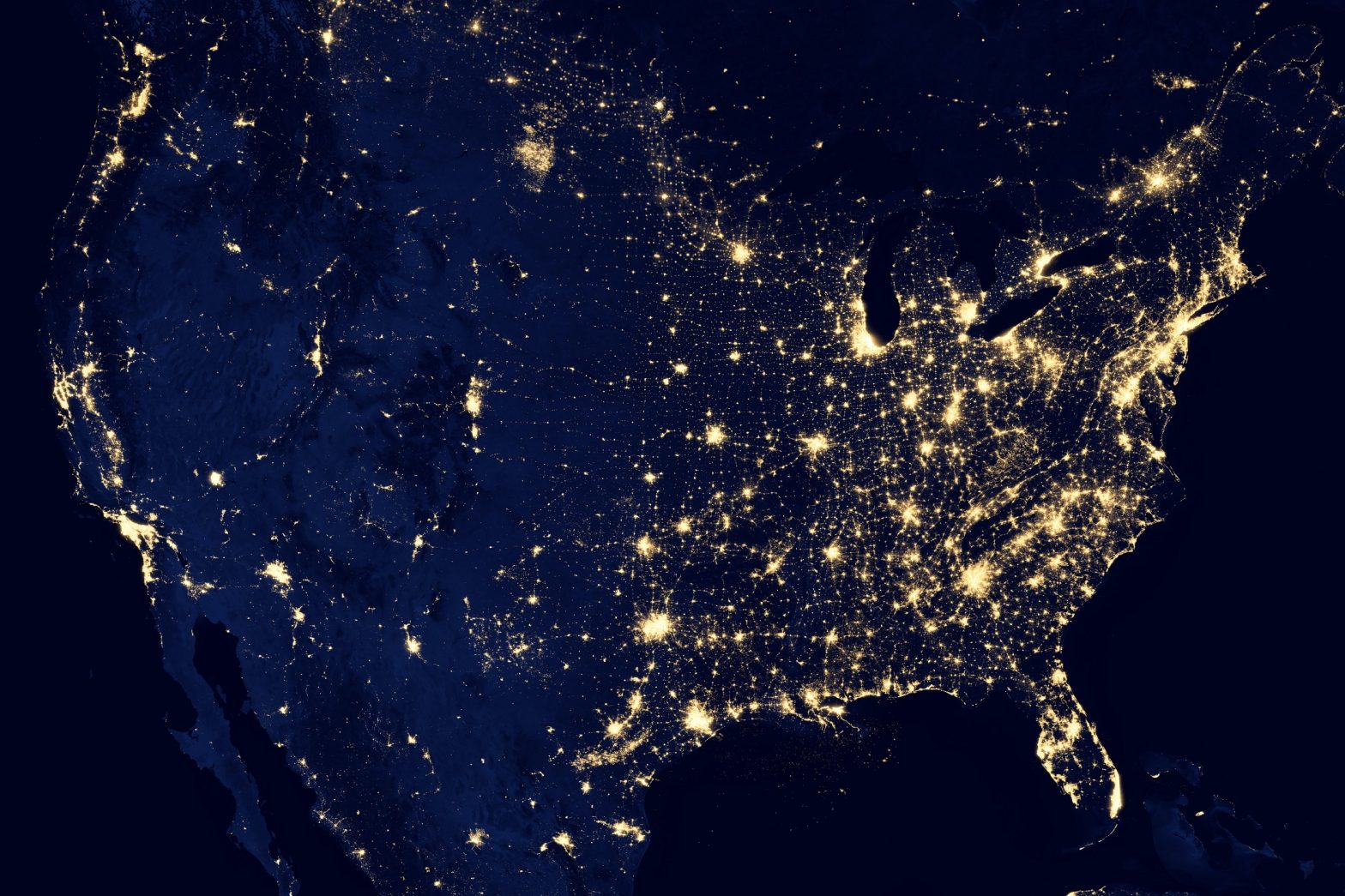In order to have a successful public debate on a complex issue, it’s important to come up with a catchy phrase or buzzword. Although many may not fully understand what Net Neutrality means, they strongly support the idea of neutral internet networks. Big Tech companies recognize the passionate discussions that surround the topic of Net Neutrality among policymakers and consumers. Therefore, it’s no surprise that they consistently use the threats to Net Neutrality as an excuse to oppose connectivity-related policy initiatives, even when these initiatives have little or nothing to do with Net Neutrality.
A prime example of this strategy is Big Tech’s arguments against the Fair Share proposal, which aims to address the investment gap holding back Europe’s internet infrastructure. The proposal suggests that Large Traffic Generators (LTGs), those who exceed a 5% bandwidth threshold on national telecoms networks, should pay for the data traffic delivery service they receive. This would contribute to the sustainability of the internet networks. Importantly, the Fair Share proposal aligns with Net Neutrality principles and includes safeguards to protect against any undermining actions by involved parties.
It is worth noting that even the European Commission agrees that Fair Share does not violate Net Neutrality. Commissioner Breton has dismissed these concerns, stating that they have no intention of changing Net Neutrality as it is deeply embedded in their values and Digital Decade goals. Additionally, the European Parliament has recently approved a report on competition policy that specifically calls for large traffic generators to contribute fairly to telecom network funding without compromising Net Neutrality. These reassurances demonstrate that any Fair Share proposal adopted in Europe would fully align with the Open Internet Regulation, which protects Net Neutrality principles.
Despite these clear statements, Big Tech continues to accuse the proposal of violating Net Neutrality without offering any substantiation of their claims. They argue that Fair Share will hinder innovation, media pluralism, and freedom of speech without providing any concrete evidence of how this would occur. Unfortunately, their repeated use of the Net Neutrality buzzword has gained some support in Brussels and could potentially impede the much-needed investment in European internet infrastructure.
As the European Commission reviews the contributions to its consultation, we will address the misconceptions surrounding the impact of Fair Share on Net Neutrality directly. The regulations in the European Union’s Open Internet Regulation (OIR) do not prohibit charging Large Traffic Generators for the services they receive. In fact, the OIR encourages parties to negotiate tariffs for specific data volumes and speeds of internet access, as long as these agreements do not limit the rights outlined in the Regulation.
Fair Share does not affect traffic whatsoever. It does not involve blocking, slowing down, altering, restricting, interfering with, degrading, or prioritizing traffic. Under Fair Share, all traffic, whether from Large Traffic Generators or regular Traffic Generators, will be treated equally in terms of traffic management. No traffic will be given preferential treatment, and the service provided will be the same for all types of generators.
In the event of a dispute, breach, or litigation regarding the Fair Share agreement between a Large Traffic Generator and a network operator, the delivery of traffic service must continue. Any unilateral actions, such as throttling or blocking traffic from a Large Traffic Generator, would be a violation of the OIR legislation and subject to sanctions. The same would apply in a situation without Fair Share in place.
Fair Share will not impact access to an open and free internet. It does not restrict or limit the rights of end-users or the services they utilize to send and receive information, access content, or choose other services (as stated in Article 3.1 of OIR).
Continuing to rely on this misleading argument is not only inaccurate but potentially harmful to Europeans. It distorts the debate and diverts attention from the real issue at hand: Europe requires investments in its digital infrastructure for the benefit of all its citizens in the future. It’s time for Big Tech to accept their role in making this happen.


